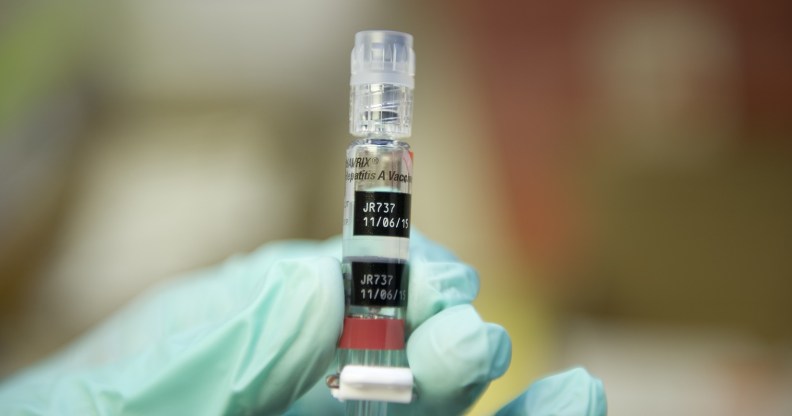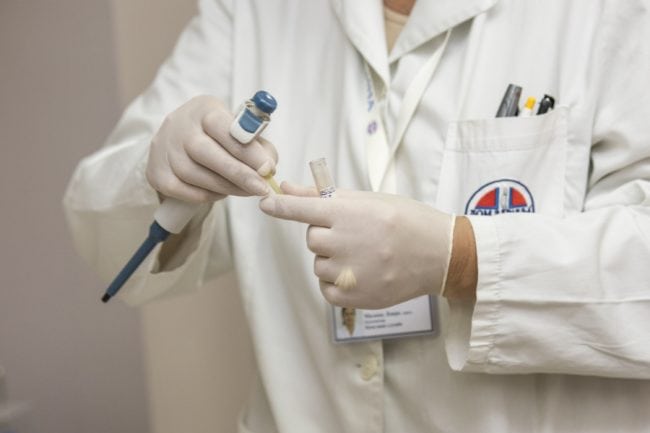Vaccine for HIV to begin tests on humans next year

(Creative Commons)
An experimental vaccine for HIV is set to be tried on humans in 2019.
Scientists from the US have recently made significant steps with a new vaccine that attacks vulnerable parts of HIV by drawing out powerful antibodies.
In earlier trials on small animals, scientists found that some strains of HIV were neutralised after the vaccine successfully targeted and latched on to a vulnerable part of the virus.
Scientists now plan to expand into human trials next year, following these successful results.

Researchers hope to move to human trials next year (Creative Commons)
The research was conducted by the National Institute of Allergy and Infectious Diseases (NIAID), as a part of the government agency the National Institutes of Health (NIH).
The results of the tests were published in the peer-reviewed journal Nature Medicine on June 4.
NIAID Director Anthony S. Fauci welcomed the results, saying that this could be a highly important step towards creating a virus.
Fauci said: “NIH scientists have used their detailed knowledge of the structure of HIV to find an unusual site of vulnerability on the virus and design a novel and potentially powerful vaccine.
“This elegant study is a potentially important step forward in the ongoing quest to develop a safe and effective HIV vaccine.”

The vaccine has huge potential (Phovoir)
This vaccine has been made possible by the recent discovery of a specific part of the HIV virus called an epitope.
An epitope is the part of an antigen – a virus or toxin that makes you sick – that an antibody can bind with.
In 2016, the epitope for HIV targeted by the vaccine was discovered, allowing researchers to attempt new ways of battling the virus.

The epitope was discovered in 2016 (Creative Commons)
Around 35 million people have died of AIDS since the epidemic began, while 36.7 million are still living with HIV, according to the World Health Organisation.
In 2017, scientists at the University of Nebraska-Lincoln successfully engineered an ‘on/off switch’ onto a weakened strain of HIV.
If successful in humans, this would allow scientists to spread the virus throughout someone’s body, before deactivating the strain after it has immunised the host.

There have been several developments in the prevention of HIV in recent years (Creative Commons)
A weakened virus is generally preferred by scientists because it has the potential to produce a stronger and longer-lasting immunity in patients.
In spite of recent progress in treatments and several awareness campaigns about HIV, only 37 percent of people said they were “well informed” on the illness and 40 percent said they had moderate knowledge on it in a recent survey.
According to a survey by charity HIV Scotland in May, 21 percent of people still believe HIV can be transmitted through kissing or saliva exchanges, while 14 percent think it can be transmitted by coughing, sneezing and spitting.

